Itzhak Perlman, Orchestre de Paris, Daniel Barenboim - Henri Vieuxtemps: Violin Concertos Nos. 4 & 5 (2015) [HDTracks]
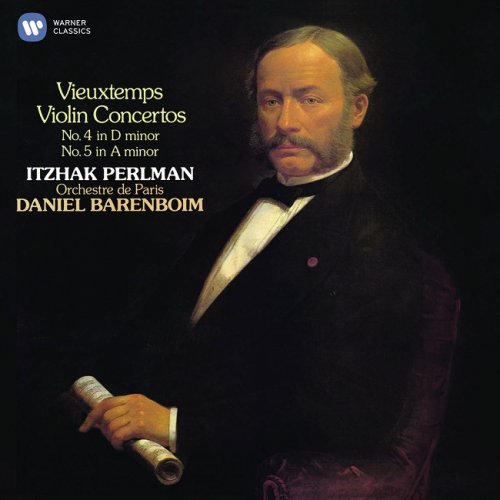
Artist: Itzhak Perlman, Orchestre de Paris, Daniel Barenboim
Title: Henri Vieuxtemps: Violin Concertos Nos. 4 & 5
Year Of Release: 2015
Label: Parlophone Records/Warner Classics
Genre: Classical
Quality: FLAC (tracks) [24Bit/96kHz]
Total Time: 51:11
Total Size: 0,98 GB (d.booklet)
WebSite: Album Preview
Recorded: Salle Wagram, Paris, 7, 9 & 10 February 1976 (Op.31); 10 February 1976 & 30 June 1977 (Op.37).Title: Henri Vieuxtemps: Violin Concertos Nos. 4 & 5
Year Of Release: 2015
Label: Parlophone Records/Warner Classics
Genre: Classical
Quality: FLAC (tracks) [24Bit/96kHz]
Total Time: 51:11
Total Size: 0,98 GB (d.booklet)
WebSite: Album Preview
Jean-Michel Molkhou:
A successor to Paganini, Henri Vieuxtemps was, in company with Sarasate and Wieniawski, one of the great violin virtuosos of the nineteenth century. These performer-composers have often been accused of possessing an overly showy style, too centred on their own capabilities and inclined to alternate between speed and sentimentality. While it is true that most of their works were written to showcase their own instrumental skills, highlighting a number of technical innovations in the process, it would be unfair to dismiss their music as nothing but spectacular effects and languorous melodies. By skilfully blending a knowledge of the legacy bequeathed to them by their predecessors and a fondness for their respective national folk traditions, Sarasate, Vieuxtemps and Wieniawski all in their own ways succeeded in continuing the virtuoso tradition of expansive passion and exaltation.
It was as a violinist that Vieuxtemps (1820–81) initially made his name, notably in Paris, where he received unanimous acclaim. Berlioz, for example, offered the following words of praise: “M. Vieuxtemps is a violinist whose talent is prodigious, in the strictest sense of the word. He does things I have never heard attempted by anyone else. He braves perils that terrify the listener but do not alarm him in the least, so sure is he of emerging from the ordeal safe and sound.” Appointed Professor of violin at the St Petersburg Conservatory, Vieuxtemps was to have a considerable influence on the development of the instrument in Russia. He then took on the same role at the Brussels Conservatory, where his pupils included Eugène Ysaÿe, Jeno˝ Hubay and Émile Sauret.
As a composer, this leading figure of the Franco-Belgian violin tradition wrote a considerable number of works for his own instrument, including seven concertos and around fifty virtuoso pieces. Of the former, the Fourth and Fifth still form part of the standard repertoire today, and both have been recorded many times. It was with the Fourth, a vast “symphony with principal violin” (Berlioz), that Vieuxtemps really established his composing credentials, Tchaikovsky deeming it “beautiful, poetic, very well conceived and finely orchestrated”.
The Fifth, nicknamed “Grétry” because its slow movement features a quotation from that composer’s opera Lucile, remains the most frequently performed of the two. On first hearing it, Berlioz again responded with enthusiasm: “If Vieuxtemps were not such a great virtuoso, we should acclaim him as a great composer … This concerto is a masterpiece whose melodic style is noble and dignified throughout, and whose rich harmony is constantly accentuated by the excellent and finely coloured instrumental writing.” The fact that such stars of the twentieth-century violin world as Jascha Heifetz, Leonid Kogan, Yehudi Menuhin, Arthur Grumiaux and Isaac Stern chose to commit their versions to disc is proof, if proof were needed, of the seductive qualities of these two concertos. Itzhak Perlman’s own recording — authentic and flamboyant — follows in their footsteps and is a worthy addition to his exploration of the virtuoso repertoire.
It was as a violinist that Vieuxtemps (1820–81) initially made his name, notably in Paris, where he received unanimous acclaim. Berlioz, for example, offered the following words of praise: “M. Vieuxtemps is a violinist whose talent is prodigious, in the strictest sense of the word. He does things I have never heard attempted by anyone else. He braves perils that terrify the listener but do not alarm him in the least, so sure is he of emerging from the ordeal safe and sound.” Appointed Professor of violin at the St Petersburg Conservatory, Vieuxtemps was to have a considerable influence on the development of the instrument in Russia. He then took on the same role at the Brussels Conservatory, where his pupils included Eugène Ysaÿe, Jeno˝ Hubay and Émile Sauret.
As a composer, this leading figure of the Franco-Belgian violin tradition wrote a considerable number of works for his own instrument, including seven concertos and around fifty virtuoso pieces. Of the former, the Fourth and Fifth still form part of the standard repertoire today, and both have been recorded many times. It was with the Fourth, a vast “symphony with principal violin” (Berlioz), that Vieuxtemps really established his composing credentials, Tchaikovsky deeming it “beautiful, poetic, very well conceived and finely orchestrated”.
The Fifth, nicknamed “Grétry” because its slow movement features a quotation from that composer’s opera Lucile, remains the most frequently performed of the two. On first hearing it, Berlioz again responded with enthusiasm: “If Vieuxtemps were not such a great virtuoso, we should acclaim him as a great composer … This concerto is a masterpiece whose melodic style is noble and dignified throughout, and whose rich harmony is constantly accentuated by the excellent and finely coloured instrumental writing.” The fact that such stars of the twentieth-century violin world as Jascha Heifetz, Leonid Kogan, Yehudi Menuhin, Arthur Grumiaux and Isaac Stern chose to commit their versions to disc is proof, if proof were needed, of the seductive qualities of these two concertos. Itzhak Perlman’s own recording — authentic and flamboyant — follows in their footsteps and is a worthy addition to his exploration of the virtuoso repertoire.
Tracklist:
Henri Vieuxtemps (1820–1881)
Violin Concerto No.4 in D minor, Op.31
1 I Andante — Cadenza 9.58
2 II Adagio religioso 6.58
3 III Scherzo: Vivace — Trio: Meno mosso — Vivace da capo 4.49
4 IV Finale marciale: Andante — Allegro 8.28
Violin Concerto No.5 in A minor, Op.37
5 I Allegro non troppo — Cadenza — Moderato 14.53
6 II Adagio 4.47
7 III Allegro con fuoco 1.16
************************
Itzhak Perlman, violin
Orchestre de Paris
Daniel Barenboim, conductor
![Itzhak Perlman, Orchestre de Paris, Daniel Barenboim - Henri Vieuxtemps: Violin Concertos Nos. 4 & 5 (2015) [HDTracks]](https://img.israbox.com/uploads/posts/2018-02/1518177680_download.jpg)
![Bill Evans Trio - Sunday At The Village Vanguard (1961) [2023 DSD256] Bill Evans Trio - Sunday At The Village Vanguard (1961) [2023 DSD256]](https://www.dibpic.com/uploads/posts/2026-02/1770661877_front.jpg)
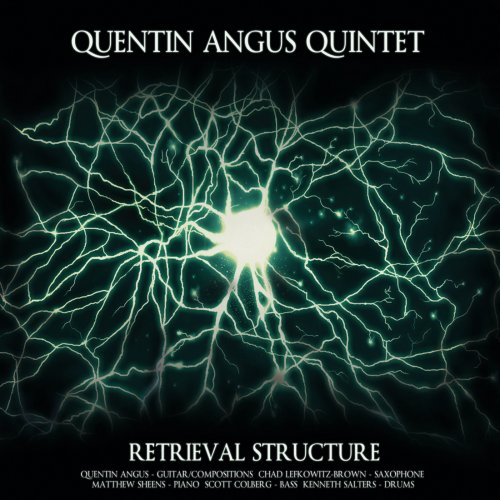
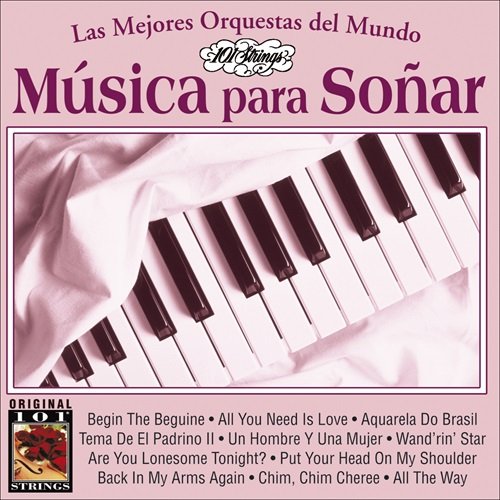
![Ravi Ramsahye PROTOTYPE - Sunglint (2026) [Hi-Res] Ravi Ramsahye PROTOTYPE - Sunglint (2026) [Hi-Res]](https://www.dibpic.com/uploads/posts/2026-02/1770729667_folder.jpg)
![Tyshawn Sorey - Monochromatic Light (Afterlife) (2026) [Hi-Res] Tyshawn Sorey - Monochromatic Light (Afterlife) (2026) [Hi-Res]](https://img.israbox.com/img/2026-02/09/o5oae6dg6j9xnkhwodjfrvr5v.jpg)
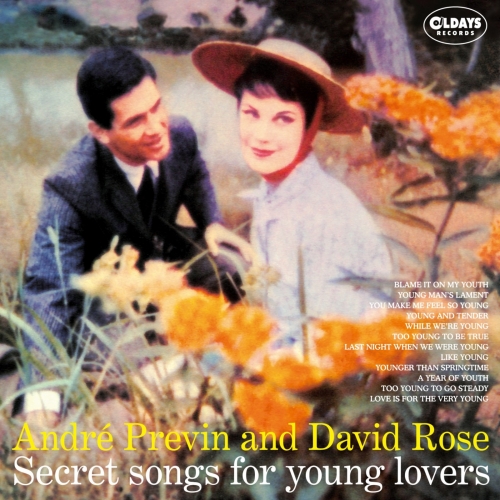
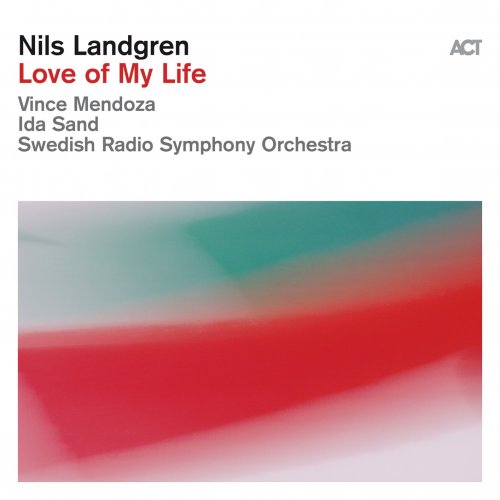
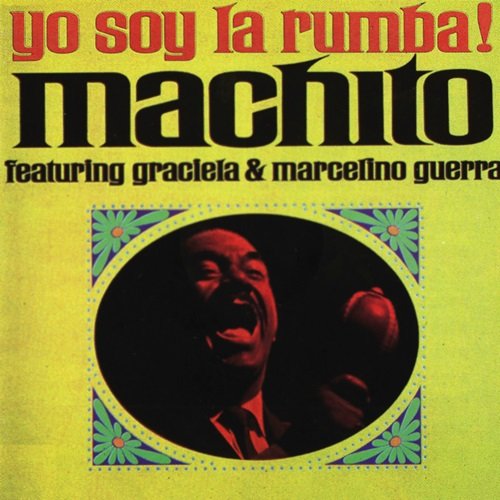
![Dela Hüttner’s SwingThing - Pause for a moment (2026) [Hi-Res] Dela Hüttner’s SwingThing - Pause for a moment (2026) [Hi-Res]](https://www.dibpic.com/uploads/posts/2026-02/1770561049_cover.jpg)